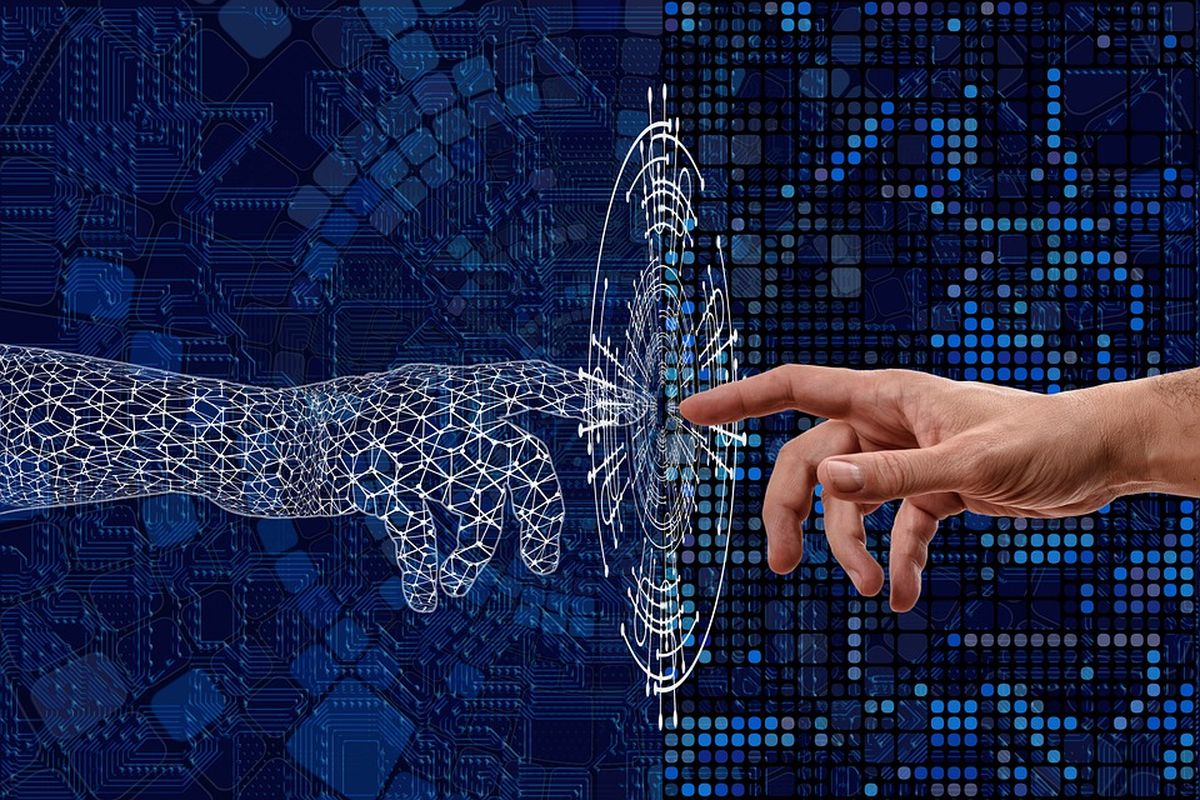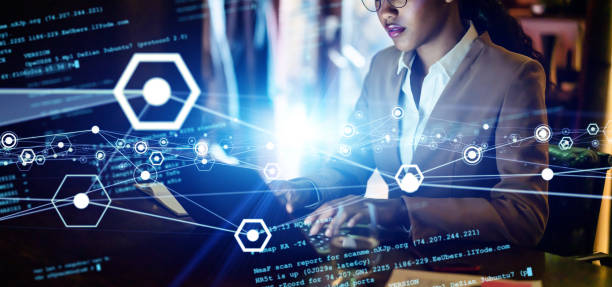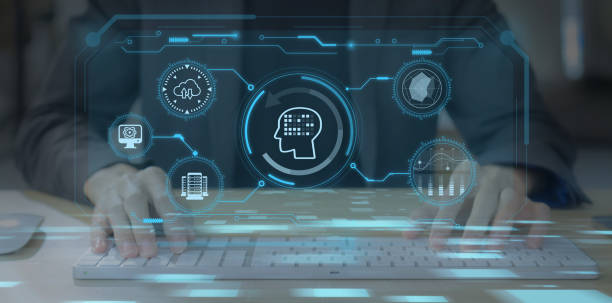As we forge ahead into 2023, blockchain technology continues to capture imaginations, promising a future where transactions are more secure, transparent, and decentralized. This is more than just a passing trend; blockchain has the potential to revolutionize sectors from finance and healthcare to supply chain management and beyond.
However, to realize this promise, skilled blockchain developers are in great demand. In a dynamic landscape where technology is continually evolving, what skills should blockchain developers hone to stay relevant?
The call for blockchain experts goes beyond simple code writing; it requires a broad set of skills ranging from understanding smart contracts to networking basics. As companies increasingly adopt blockchain technologies, they’re not just looking for someone who can “do blockchain.” They’re seeking professionals capable of comprehending the bigger picture, including the ethical implications and cybersecurity risks associated with this emerging technology.
To truly excel in blockchain development in 2023, developers need to adapt and diversify their skill sets continuously. And, given the rapid advances in this space, even experienced developers will find something new to learn.
In this comprehensive guide, we’ll delve into the top skills every aspiring blockchain developer should focus on, offering insights that go beyond the technical jargon to deliver a holistic understanding of blockchain development. So, whether you’re just getting started or are looking to expand your blockchain prowess, read on to explore the must-have skills for the coming year.
Blockchain Developer Bootcamp
If you’re new to the field or looking to quickly enhance your skillset, enrolling in a blockchain developer bootcamp can be highly beneficial. These bootcamps are intensive training programs designed to take you from a beginner to an expert in a short period. They offer a curated curriculum covering various facets of blockchain development, from basic understanding to advanced topics like smart contracts, decentralized applications, and even tokenomics.
While a bootcamp is not a substitute for a formal education or years of experience, it provides a focused environment where you can rapidly acquire and apply new knowledge. So, if you’re looking to break into the blockchain world or simply enhance your existing skills, a blockchain developer bootcamp can offer you a structured pathway.
Understanding of Decentralized Systems
If you’re looking to delve into the realm of blockchain, the foundational knowledge you need is an understanding of decentralized systems. Unlike traditional systems that operate under a single governing entity, decentralized systems offer a new way to manage and operate data. They help eliminate middlemen, enhancing security and enabling a seamless, trustless transaction environment.
In blockchain, decentralization serves as the core that allows for its various applications in finance, supply chain, and several other sectors. As a developer, you’ll not only need to understand how decentralized systems work but also how to build and maintain them. With companies increasingly moving away from traditional methods, the ability to create effective decentralized systems will set you apart in the job market.
Related: 12 Steps to Launch Your White Label Crypto Exchange
Mastery of Multiple Programming Languages
Being proficient in multiple programming languages is not just a bonus in blockchain development—it’s almost a necessity. While languages like Solidity are commonly used for creating smart contracts on the Ethereum platform, understanding other languages like C++, Java, Python, and JavaScript can provide you with a broader toolset to solve various problems.
Having a good grip on multiple programming languages allows you to be more versatile. Whether it’s about creating smart contracts, developing decentralized applications (dApps), or working on blockchain protocols, your broad knowledge will empower you to tackle complex projects. It’s like being multilingual in a world that speaks many languages; you can communicate and adapt more efficiently.
Smart Contract Development
Smart contracts have become the backbone of many blockchain applications. These self-executing contracts with the terms directly written into code can automatically execute actions when predefined conditions are met without the need for intermediaries. For example, in a supply chain, a smart contract can automatically trigger payment once a shipment reaches its destination.
Mastering the intricacies of smart contract development will not only make you more marketable but also allow you to build more efficient and effective blockchain applications. Whether you’re looking to implement smart contracts into an existing system or building a decentralized application from scratch, this skill is indispensable.
Understanding Tokenomics
Tokenomics, or the economics of tokens, is another essential skill for blockchain developers. This involves understanding how tokens work within a specific ecosystem, how they’re distributed, and how they can create incentives for users. With the rise of various cryptocurrencies and tokens associated with blockchain projects, a developer should understand the financial mechanics involved.
Understanding tokenomics will not just help you create better blockchain systems; it will also make you more versatile. Whether you’re working in a start-up launching its ICO (Initial Coin Offering) or involved in a larger, more complex blockchain ecosystem, a strong grasp of tokenomics can be a significant advantage.
Networking Basics
Blockchain does not exist in a vacuum; it often works in conjunction with other technologies and networks. Understanding basic networking protocols and consensus algorithms is crucial for a blockchain developer. This will help you understand how data is verified, how transactions are confirmed, and how the blockchain interacts with other systems and technologies.
As a developer, you’ll often have to work on projects that involve multiple stakeholders and different technologies. Having a firm grasp of networking basics will not only make your blockchain solutions more robust but also make you a more versatile developer.
Data Structures
Blockchain technology leverages various data structures, most notably linked lists in the form of blocks. Understanding these data structures, including trees, graphs, and hash functions, is crucial for any blockchain developer. This knowledge will help you understand how transactions are stored, how data is secured, and how overall system performance is optimized.
The more in-depth your understanding of data structures, the better you can optimize your blockchain solutions. You’ll be better equipped to solve complex problems, thereby making you a valuable asset to any development team.
The Ability to Adapt and Learn Continuously
Last but certainly not least, the ability to adapt and learn continuously is perhaps the most crucial skill of all. The blockchain landscape is constantly evolving, with new technologies, platforms, and applications emerging regularly. To remain relevant, you must be willing to continually update your skills and adapt to new situations.
Whether it’s through ongoing education, participation in online communities, or simply staying updated with the latest trends and technologies, your willingness to learn will be your most valuable asset. Remember, in the fast-moving world of blockchain, standing still is the same as moving backward.
Conclusion
As blockchain continues to evolve and find new applications, the demand for skilled developers in this field will only increase. Armed with these top skills, you’ll be well-prepared to make a significant impact in the exciting, fast-paced world of blockchain technology. So dive in, keep learning, and be ready to shape the future.










